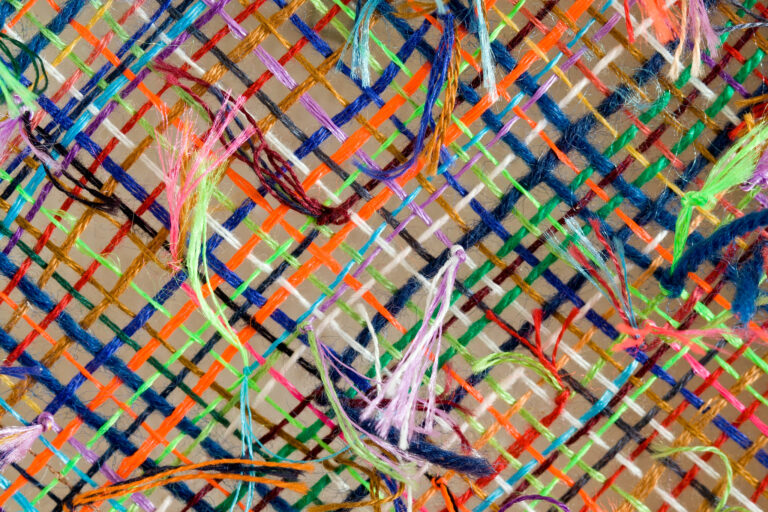In this ambitious first book, Tiffany Lethabo King disrupts what she sees as settler-colonial studies’ tendency to privilege the settler/conquistador as the ethical subject of Western theory. To do so, she undertakes the urgent work of considering historical, ceremonial, imaginative, and theoretical ways that Native and Black studies intersect and overlap within the North American context. Drawing in particular upon Afro-pessimism (for instance Frank Wilderson, Saidiya Hartman, Katherine McKittrick, Alexander G. Weheliye, and Sylvia Wynter) as well as Native studies’ refusal of sovereignty as a political, ethical, and material formation (Audra Simpson, Glen Coulthard, Jodi Byrd, and Andrea Smith), King joins the likes of Tiya Miles in seeing as insufficient any account of settler colonialism or Western humanism that does not consider how Black and Native epistemologies and histories intersect.
Articles by Laura Goldblatt
Laura Goldblatt is an assistant professor at the University of Virginia with a PhD in English Literature from same. Her peer-reviewed work has appeared in or is forthcoming in Mississippi Quarterly, the .Journal of American Studies, Social Text, Winterthur Portfolio, Pedagogy, and Works and Days, and an edited volume about the August 12th, 2017 violence in Charlottesville. She is currently at work on two monographs. The first explores the reception of state-sponsored reproductions of literary and popular texts about U.S. national expansion used for propagandistic purposes. Yet rather than focus on the formal features of the artifacts themselves, she examines their use value for groups dispossessed by the logic of late capitalism, such as Native and Black Americans, during the long twentieth century. Additionally, along with Professor of Anthropology Richard Handler, she is at writing on a monograph about twentieth-century U.S. postage stamps that takes moral circulation as its theme.
